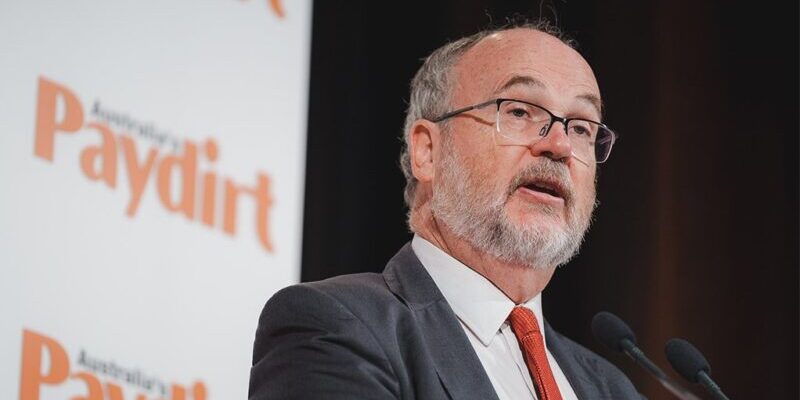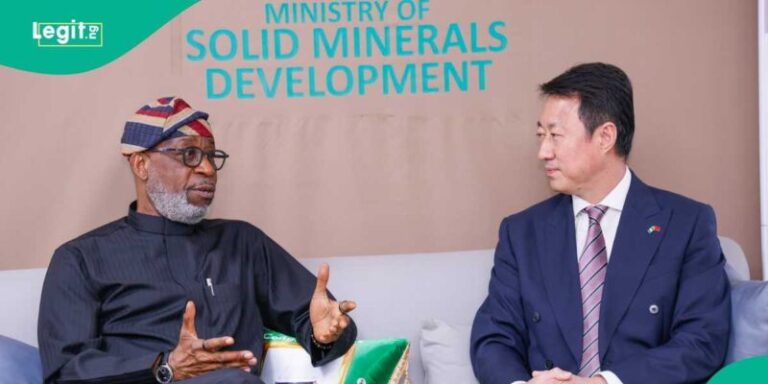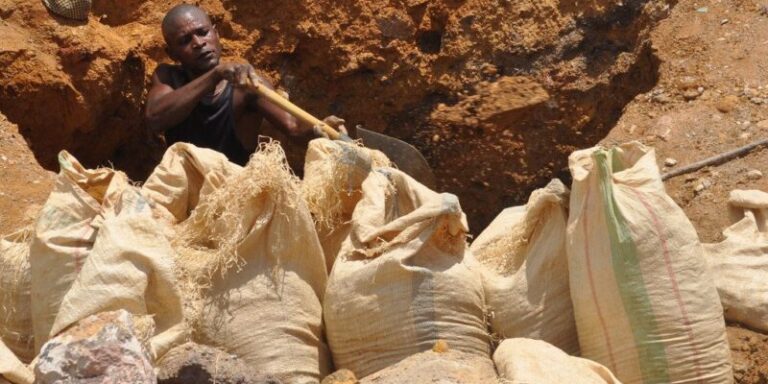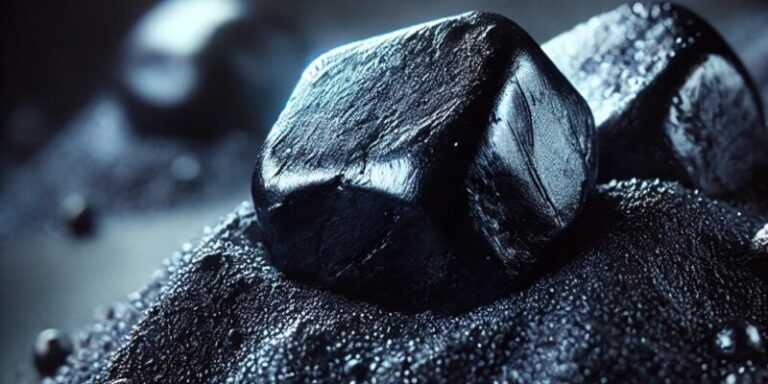
Western Australian Mines and Petroleum, Energy, Hydrogen Industry and Industrial Relations Minister Bill Johnston has called on the federal government to develop a clear pathway to support the development of downstream processing in critical minerals, without forgetting the importance of mining.
“I think it’s good that the Commonwealth government is systematically addressing the critical minerals space, and I don’t want to be seen to be unnecessarily critical.
However, I suppose the East Coast of Australia doesn’t understand how advanced Western Australia already is in the critical minerals space,” Johnston told delegates at the Australian Nickel conference, in Perth.
“I think that there’s more concentration on the value add, rather than on the mining,” the Minister said.
Johnston noted that in order to meet the growing demand from the electric vehicle sector, some 60 new nickel mines need to be operational by 2030.
“Nickel and cobalt exploration in Western Australia were very strong last year with A$267-million targeting nickel, which was almost 10% of the total value of expenditure and exploration in Western Australia.
And in terms of our markets, China continues to dominate our offtake with 59% going there, followed by Japan and South Korea, as well as the Netherlands at 6% of our supply.”
Western Australia hosts one of the world’s largest nickel reserves, next to Indonesia, as well as the world’s second-largest cobalt deposits, Johnston said.
“Last year there was A$5.7-billion of nickel sales from Western Australia making it the fifth most valuable resource in this state.
And cobalt added another A$528-million which, for cobalt, was a record. Importantly for the government there 8 000 workers in the nickel industry last year, which shows the high level of employment that’s created by investment into the sector.
“We are all watching as demand for high grade, high purity battery nickel, used in lithium-ion batteries grows around the world and we know that it will continue to grow and grow into the future.”
Johnston told delegates on Wednesday that the government was working to address the skilled-labour shortages currently hitting Western Australia, and has called on industry to partner in identifying the critical skills needed.
“We’re obviously very keen to partner with industry to identify the specific skills that you think the TAFE sector can train.
We do have some specific programs that have been suggested to us by Tianqi Lithium Energy Australia down in South Metro TAFE.
We’ve got courses that are specifically designed on the basis of suggestions from Rio Tinto, even Western Power has a partnership for specific skills that Western Power needs.
So we’d love to talk to you about what you think is needed by the TAFE because we want to respond to industry.”





